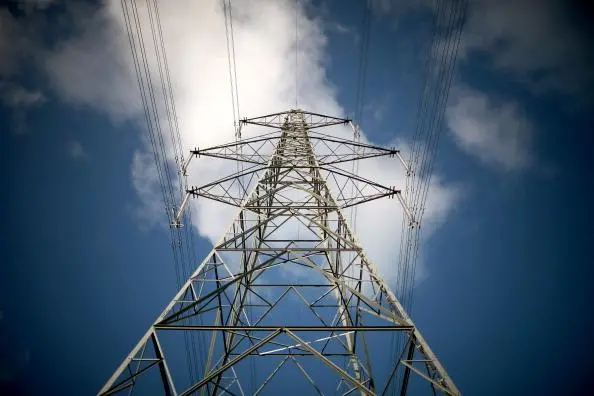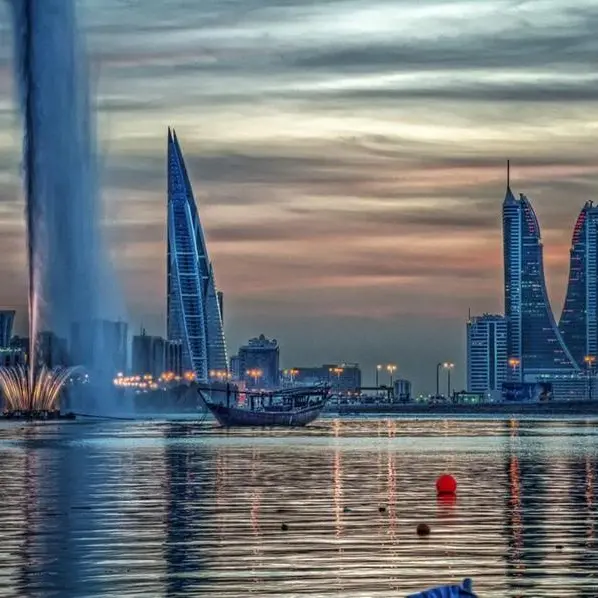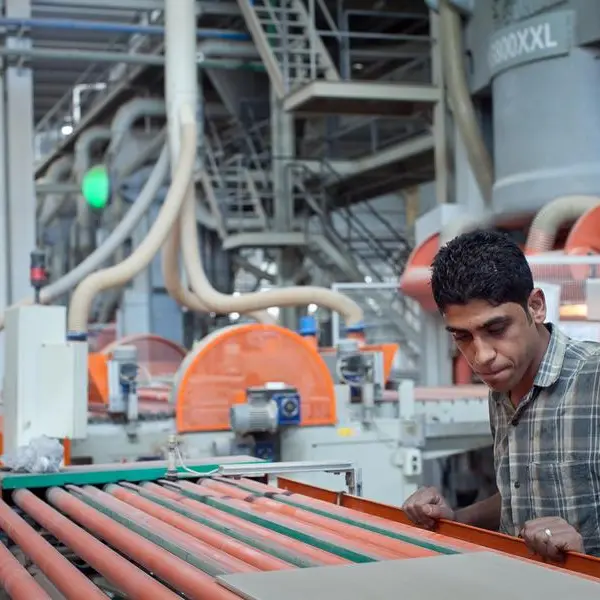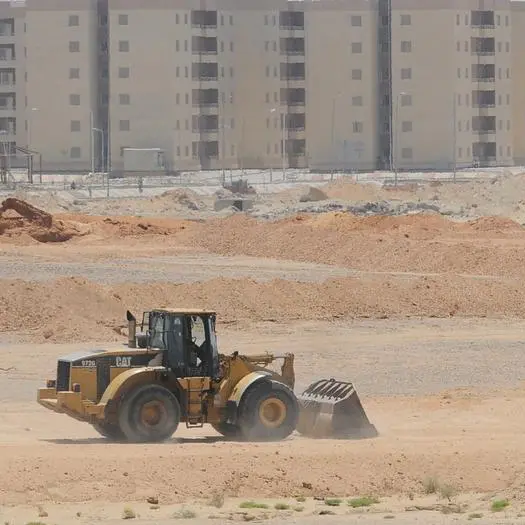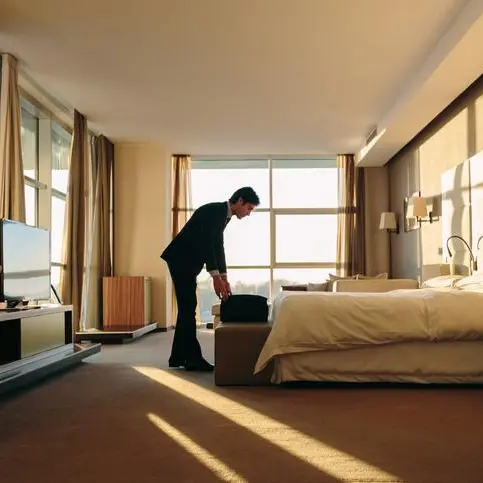PHOTO
MANAMA: Bahrain along with its Gulf neighbours could export surplus electricity to Europe as part of an ambitious plan to be implemented in a phased manner, revealed a senior government official.
Sustainable Energy Authority president Dr Abdulhussain Mirza said the plan could help meet Europe’s peak demand in winter, when demand falls in the Middle East, on a ‘barter basis’.
In return for warming up those chilly months a reciprocal arrangement could help fuel the air conditioners needed during the sizzling summer months here.
Dr Mirza unveiled the plans to the GDN yesterday during a webinar organised by the National Communication Centre in which he outlined the country’s renewable energy goals and achievements to date.
He said that the GCC Power Grid currently uses conventional energy, mainly fossil fuel and gas, that was already helping meet demands of the six nations, with solar and wind options to come.
“The six GCC countries are now joined together via the power grid through cables laid over on land and under the sea,” said Dr Mirza.
“Bahrain, Saudi Arabia, Kuwait and Qatar joined the power grid in 2009, and later Oman and the UAE were linked in 2011, and now if any country needs extra electricity during the summer or other peak periods, it automatically gets it through this grid.
“This was the first stage. It has been successful and saved lots of money.
”The Dammam-headquartered GCC Interconnection Authority (GCCIA) was set up in 2001 with the mandate to interlink the six Gulf countries.He said the second stage of the plan is to further link the GCC power grid with the Arab countries network, adding they already were in talks with Saudi Arabia and Egypt.
“The third stage is the most important one which is to connect with the European power grid (the European Network of Transmission System Operators for Electricity or ENTSO-E) because Europe needs power during the winter.
“We can supply them our surplus power during the winter, and when Europe has surplus during its summer, they can exchange with us when we have hot weather conditions here, and it will be a win-win situation for everyone.”
Dr Mirza said modern clean energy systems were being linked to Bahrain’s electricity grid enabling consumers to save on monthly utility bills and resulting in surplus.
© Copyright 2020 www.gdnonline.com
Copyright 2021 Al Hilal Publishing and Marketing Group Provided by SyndiGate Media Inc. (Syndigate.info).
